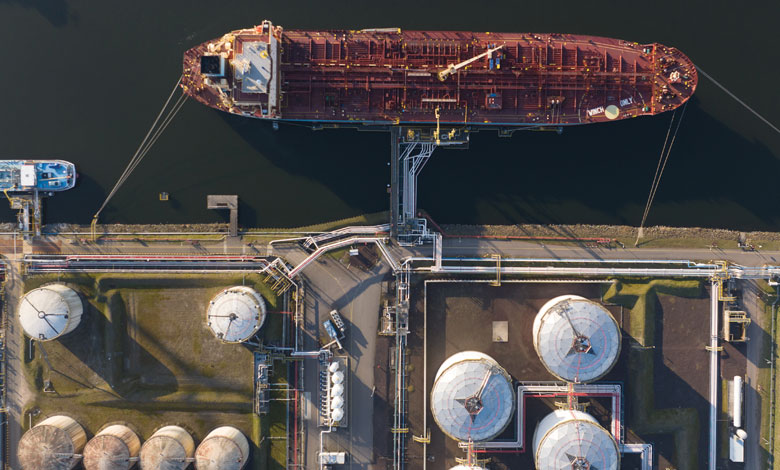FuelEU Maritime enters effect

An EU regulation mandating the promotion of the use of renewable, low-carbon fuels, and clean energy technologies for ships has entered effect.
The FuelEU Maritime Regulation, formally titled Regulation (EU) 2023/180, entered effect in January 2025.
Introduced as part of the Fit for 55 legislative package, the Regulation sets maximum limits for the yearly average greenhouse gas (GHG) intensity of the energy used by ships above 5,000 gross tonnage calling at European ports, regardless of their member state of origin.
Vessels with a gross tonnage of more than 5,000 account for more than 90 per cent of carbon dioxide (CO2) maritime emissions, despite the fact that they only constitute 55 per cent of the global shipping fleet.
The targets outlined in the Regulation aim to ensure that the GHG intensity of fuels used in the sector will gradually decrease over time, starting with a 2 per cent decrease by 2025 and reaching up to an 80 per cent reduction by 2050.
In addition to CO2, the targets also cover methane and nitrous oxide emissions over the full lifecycle of the fuels used onboard on a ‘well-to-wake’ (WtW) basis.
From 1 January 2030, under the Regulation, all passenger or cargo ships meeting the 5,000 gross tonnage must use on-shore power supply (OPS) or alternative zero-emission technologies and from 1 January 2035 in all EU ports that develop OPS capacity. However, EU member states are permitted to choose to apply the obligation to ports not covered by Article 9 of AFIR, from 1 January 2030.
National Ports Policy
The National Ports Policy is set to be reformed following a commitment in the Programme for Government, with the document stating that the Government will “support investment in our commercial and passenger port infrastructure through a new National Ports Policy”.
As highlighted in the Irish Ports Capacity Study 2023, growing trade volumes and the energy transition demand urgent investment in port infrastructure. The policy framework encourages ports like Shannon Foynes, Dublin, and Cork to deliver enhanced connectivity, climate readiness, and capacity expansion.
Speaking on the importance of this strategy in the Dáil in February 2025, Minister for Transport Darragh O’Brien TD said: “The continued commercial development of Shannon Foynes Port Company is a key strategic objective… Government expects the ports of national significance to lead the response to future national port capacity requirements.”





